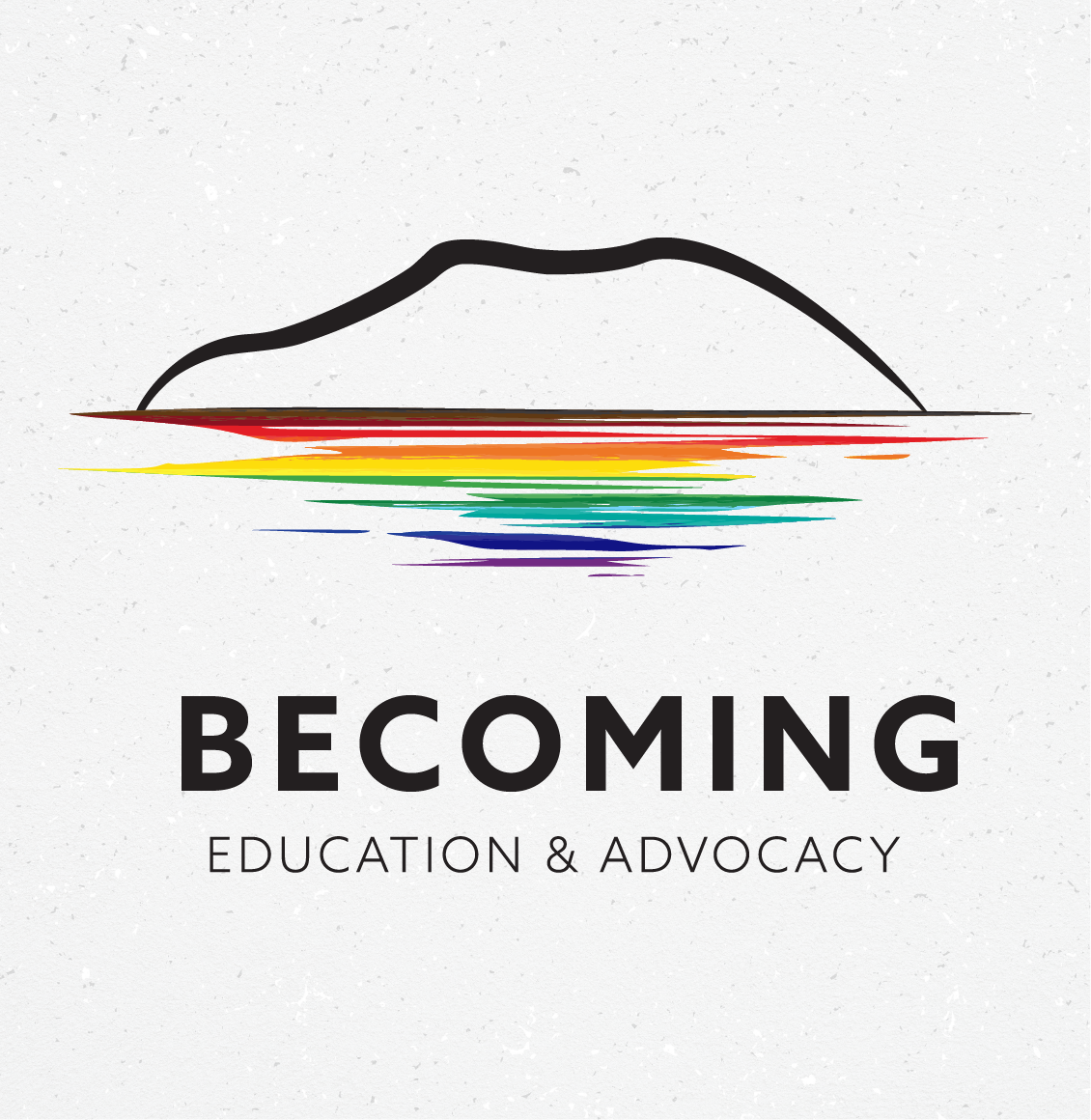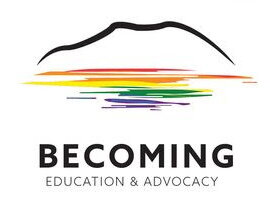
Why is comprehensive sexual health education important?
What even is comprehensive sexual health education?
Comprehensive sexual health education is a rights based, informed and fact based way of teaching people about bodies and sex. This type of teaching views sexual health in a holistic way; proposing that our sexual selves are entwined with all aspects of our lives, not just what society considers “sex”.
By teaching knowledge, attitudes, skills, and values comprehensive sexual health education helps people acquire tools to be better communicators, recognize power dynamics, understand their rights and risks and ultimately be empowered to make informed choices that are right for them.
Becoming aims to enhance educational offerings by also teaching in a way that breaks down gender, race and sexuality stereotypes and centers consent as the foundation of healthy relationships, sexual or not.
Becoming is dedicated to teaching in a body-based way, leaving gender stereotypes behind. We believe that learning from education participants is imperative and aim to make lessons/workshops as interactive as possible.
How is this different than the sex education I got in school?
Many of us, if we got sex education at all, had sexual health education that was rooted in the idea that scaring us with pictures of STIs or stories of teenage parenting, would cause us to delay becoming sexually active. Studies has shown that the opposite is true. Young people who receive comprehensive sexual health education are more likely to delay sexual intercourse, use a condom when having sex, use contraceptives, understand their sexual rights, recognize abuse and coercion and they are more likely to communicate about their sexual health to their partner and their parents.
Additionally studies show that children who receive comprehensive sexual health education, especially early in elementary school, are less likely to be sexually abused and are more likely to tell a trusted adult if they are. Sex ed is quite literally the best tool we have against childhood sexual abuse because it gives children and trusted adults a common language about bodies, children understand they have a right to bodily autonomy and children understand how to get help if they experience abuse.
How is this relevant to my adult sexuality?
For those of us that are adults, comprehensive sexual health education gives us the opportunity to re-learn the misinformation we were taught over our life times. This type of education helps us become askable adults for the young people in our lives, to be better, more compassionate partners and lovers and ultimately to know and love ourselves more deeply.
The comprehensive sexual health education that Becoming offers can help you unlearn common misconceptions many of us adults hold around what sex actually is, what our goals of sexual activity should be, what counts as good sex and whether or not we’re normal (spoiler: you are!).
Does comprehensive sex education actually save lives?
Yes, it can. That wasn’t hyperbole.
Because this type of education provides people with fact based information free of shame and the skills to make informed choices, people are healthier overall.
Learners have lower instances of sexually transmitted infections and because of the push to de-stigmatize getting tested, people who do acquire an STI catch it early and thus avoid the long term effects and damage to the body that can happen when STIs are left untreated. People are also more likely to prevent getting cervical cancers or to catch cancers early because of the de-stigmatization of testing and STIs. People are less likely to have unplanned pregnancies. In many countries around the world abortion services are illegal and the fatality rate for unregulated abortions are horrifically high.
Comprehensive sex education doesn’t just benefit people physically. This type of education helps, especially young people, learn about themselves and people who are different from them in a way that creates space for acceptance and safety. Because this type of education aims to challenge ideas of gender norms, binary sex and commonly held assumptions about consent, these learners are held in a safer learning space to question their own ideas of the world and to accept new perspectives.
This multi-layered learning has been shown to reduce bullying, especially towards those in the 2SLGBTQ+ community. And this is vitally important because we know that the more support and affirmation young queer youth and kids receive the less likely they are to self harm and attempt suicide.
Learning about consent beyond “yes means yes. no means no”, teaches people to listen to their bodies and inner voices, which can help people navigate environments and relationships that are at a high risk for sexual assault and violence. Comprehensive consent education helps us foster healthy relationships where we respect our own and others boundaries and ask for what we need.


